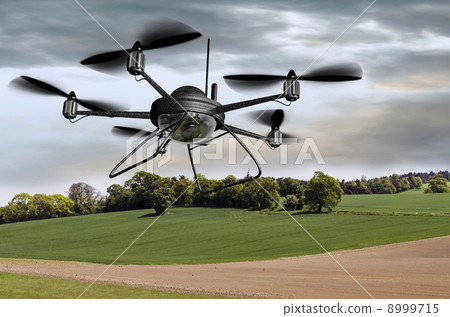|
Biometric authentication has emerged as a groundbreaking technology that is revolutionizing security systems across various industries. By relying on unique physical or behavioral characteristics, biometric authentication provides a highly secure and convenient method of verifying individuals' identities. This article explores the significance of biometric authentication, its applications, benefits, and potential challenges. Biometric authentication utilizes distinctive human traits such as fingerprints, facial features, iris patterns, voiceprints, and even behavioral patterns like gait recognition or typing style to establish identity. Unlike traditional methods like passwords or PINs, biometrics cannot be easily replicated, lost, or forgotten, making them more secure and reliable. The applications of biometric authentication are extensive. In the field of law enforcement, for example, fingerprints have long been utilized to identify suspects. However, with advancements in technology, biometric systems now enable fast and accurate identification in real-time, aiding investigations and preventing crimes. Moreover, biometrics systems have found their way into consumer electronics, unlocking smartphones and laptops, providing secure access to personal data. Biometric authentication offers several advantages over conventional authentication methods. Firstly, it provides an enhanced level of security by relying on unique biological characteristics. This significantly lowers the risk of unauthorized access, identity theft, and fraud. Secondly, biometrics offer increased convenience, as users no longer need to remember complex passwords or carry multiple access cards. Your fingerprint or face becomes your digital key. Additionally, biometric authentication eliminates the need for replacement or reissuing of lost or stolen identification credentials, saving time and resources. However, despite its numerous benefits, biometric authentication is not without challenges. Privacy concerns arise due to the sensitive nature of biometric data. Organizations must implement robust data protection measures, ensuring the secure storage and transmission of biometric information. Furthermore, there is a potential for false positives or false negatives, which can lead to inconveniences or security vulnerabilities. Continuous advancements in biometric spoofing techniques also pose a threat, necessitating ongoing research and innovation to stay ahead of potential attacks. In conclusion, biometric authentication represents a significant leap forward in secure technology. Its unique ability to leverage individual biological traits provides enhanced security and convenience across various sectors. While there are challenges to overcome, ongoing developments in biometrics promise even more advanced and foolproof systems in the future. As we continue to embrace this cutting-edge technology, it is crucial to strike a balance between security, privacy, and usability to fully realize the potential of biometric authentication.  |
